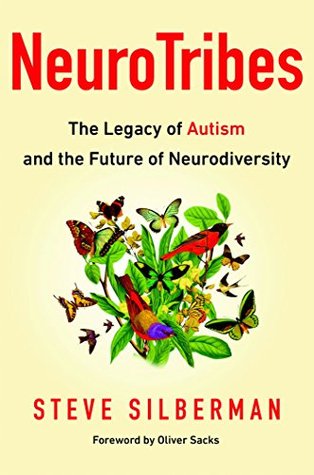Her emphasis on the virtues of atypical minds marked a significant departure from the view of most psychologists, who framed the areas of strength in their patients’ cognitive profiles as mere “splinter skills”—islands of conserved ability in seas of general incompetence. Instead, Grandin proposed that people with autism, dyslexia, and other cognitive differences could make contributions to society that so-called normal people are incapable of making.
Welcome back. Just a moment while we sign you in to your Goodreads account.


